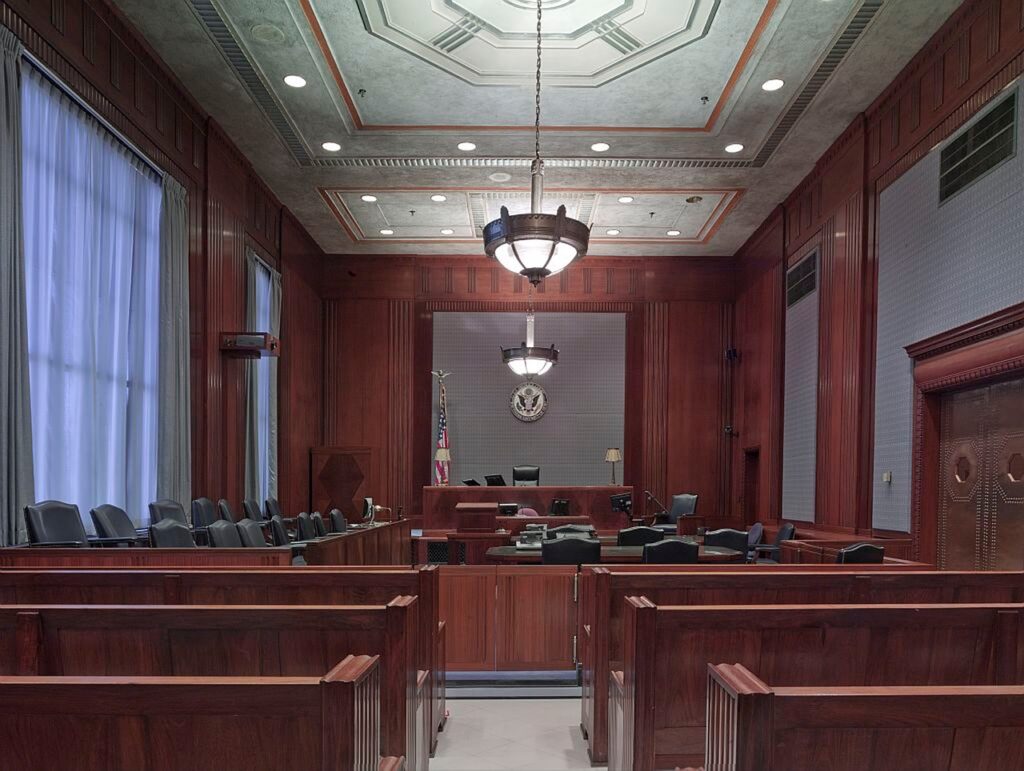Why businesses should take software compliance seriously—and avoid Siemens’ costly mistakes
Introduction: The Battle Lines Are Drawn
Broadcom’s acquisition of VMware has triggered a seismic shift in how VMware handles software licensing and support agreements. One of the most high-profile consequences of this new strategy is the ongoing legal battle between VMware (now under Broadcom’s control) and German industrial giant Siemens AG. This dispute highlights not only the financial and legal dangers of software non-compliance but also the importance of negotiating software contracts with clarity and care.
Background: From Partnership to Litigation
The roots of the lawsuit lie in Siemens’ long-standing relationship with VMware. Siemens had previously licensed VMware software under a Master Software License Agreement (MSLA) signed with VMware’s Irish entity. For years, this agreement included support for perpetual licenses.
That changed after Broadcom acquired VMware. Broadcom overhauled VMware’s business model, eliminating standalone support for perpetual licenses and requiring customers to adopt bundled support and subscription packages instead. This aggressive pivot has already sparked litigation, including a similar lawsuit by AT&T against VMware for similar reasons.
When Siemens attempted to extend its support arrangements without switching to subscriptions, negotiations broke down. During those discussions, Siemens disclosed the extent of its VMware software use. VMware alleges this disclosure revealed Siemens was using more software than it was licensed for, leading VMware to sue Siemens and some of its U.S.-based affiliates in the U.S. District Court for Delaware.
Recent Developments: Jurisdictional Tug-of-War
The central issue in the most recent filings isn’t whether Siemens used more software than it was entitled to, but where the case should be tried.
Siemens has asked the Delaware court to dismiss the case, arguing that the original MSLA included a forum selection clause designating Munich, Germany, as the proper venue for resolving disputes. Siemens emphasized that the parties had already exchanged multiple letters in Germany about the matter, suggesting they both recognized Germany as the jurisdiction of choice.
Conversely, VMware countered that because Siemens’ U.S. affiliates allegedly used the unlicensed software, a Delaware court has jurisdiction. VMware also reframed the issue as a U.S. copyright violation, arguing that the use of VMware software in the United States without a proper license falls under American copyright law, not just contractual dispute resolution.
Siemens pushed back, arguing that this is fundamentally a contract dispute governed by the MSLA—not a copyright issue. Siemens also denied responsibility for the U.S. entities VMware sued, while VMware maintains those affiliates are valid parties to the lawsuit.
As of mid-June 2025, the court has not publicly ruled on the jurisdictional question. The filings suggest that further procedural sparring is inevitable, with both sides digging in for what may become a lengthy and costly legal battle.
The Lesson: Software Licensing Isn’t Just IT’s Problem
This high-profile dispute illustrates the dangers of treating software licensing as a routine administrative task. Siemens, a global engineering powerhouse, now finds itself entangled in a complex, multi-jurisdictional lawsuit that could result in millions in damages, unfavorable precedent, and reputational harm.
This lawsuit also shows how radically licensing terms can shift during corporate acquisitions—and how companies can get caught flat-footed by policy changes from vendors like Broadcom.
Why You Need Experts Like Palisade Compliance
Navigating these licensing minefields requires more than legal intuition—it demands specialized expertise. Companies like Palisade Compliance, led by former Oracle and software licensing insiders, help businesses:
- Audit internal software usage and identify gaps before vendors do
- Interpret license agreements and forum selection clauses to mitigate legal risk
- Negotiate favorable licensing terms, especially during vendor transitions
- Avoid “gotcha” clauses that can trigger audits or lead to expensive litigation
Siemens may yet succeed in moving the case to Germany, but the damage may already be done by then.
If your business uses complex enterprise software—especially from vendors like Oracle, Broadcom/VMware, SAP, or Microsoft—don’t wait until you’re facing a lawsuit. Engage with licensing compliance experts early to avoid becoming the next headline.
#SoftwareCompliance #VMware #Broadcom #EnterpriseIT #LicensingAudit #PalisadeCompliance #ITProcurement #SoftwareContracts #CopyrightLitigation
